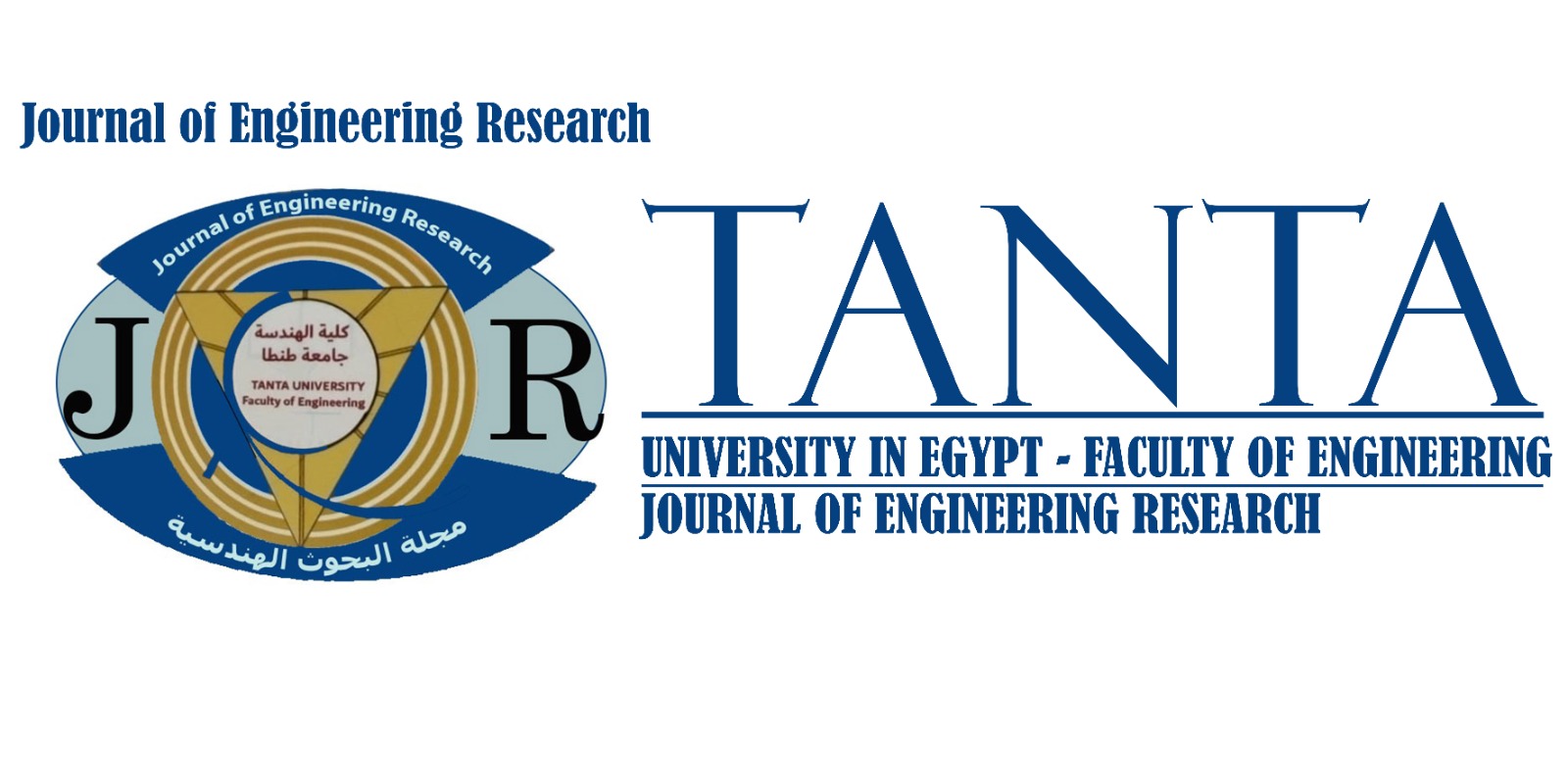Journal of Engineering Research

Abstract
This experimental study examines the mechanical and microstructure properties of self-curing concrete (SCUC) containing polyethylene glycol (PEG400) when subjected to high temperatures (600°C). The experimental research used two types of concrete mixtures, which were produced to indicate the effects of self-curing concrete using PEG400 that were added in three ratios (i.e., 0.3 %, 0.5% and 1%) by volume of cement. The parameters investigated in this research are heating period (1h and 2h), curing methods (self-curing SCU, and conventional-curing WC), concrete type (self-compact concrete SCC, and ordinary concrete OC), and cooling action (air and water). Compressive, tensile, flexural strengths and microstructural analysis were investigated under elevated temperatures at ambient temperature, and 600°C for 1h and 2 h of exposure time of the two mixtures, namely SCC and OC. Experimental results showed that the increase in heating time and cooling action leads to a decrease in concrete strength from 12% to 41%. Results also indicated that using self-curing concrete containing PEG400 has a more effective impact on resistance to high temperatures than the use of traditional curing, considering the reduction of concrete strength.
Recommended Citation
Elwakkad, Noha
(2023)
"Investigating the Microstructure and Mechanical Properties of Self-Curing Concrete Exposed to Elevated Temperature,"
Journal of Engineering Research: Vol. 7:
Iss.
3, Article 9.
Available at:
https://digitalcommons.aaru.edu.jo/erjeng/vol7/iss3/9

